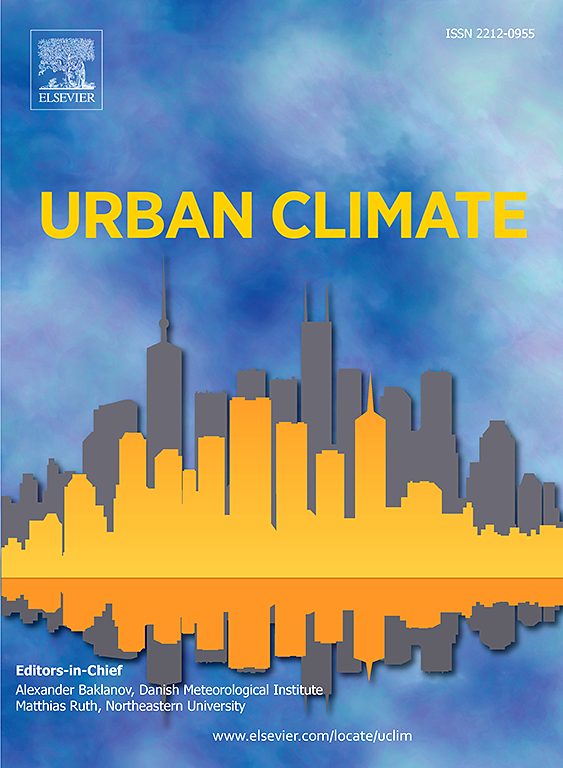探索台北市城市绿色基础设施战略的协同/权衡 - 一种系统方法
IF 6
2区 工程技术
Q1 ENVIRONMENTAL SCIENCES
引用次数: 0
摘要
IPCC 评估报告强调了减缓和适应气候变化战略之间的协同作用/权衡。尽管人们意识到绿色基础设施(GI)可以减缓和适应气候变化,但使用系统方法评估其协同作用和权衡的尝试仍然有限。本研究开发了一个台北都会区生态经济模型。该模型模拟了地理信息系统对适应和减缓气候变化影响的变化,以评估不同地理信息系统战略对气候变化的总体影响。我们建立了一个框架来分析 GI 气候效益的时间变化,涉及土地利用变化引起的碳储存、累积径流和二氧化碳排放的变化。结果表明,几乎所有的地理信息系统战略都与减缓和适应气候变化有协同作用。在发展中城市,实施城市增长管理战略以保护地理信息系统的完整性是最大限度发挥协同作用的最有效方法。尽管全球环境战略可以产生协同效应,但在产生协同效应的同时也会出现内部权衡。使用系统方法模拟替代气候战略,可以共同考虑减缓和适应问题,增强协同效应,消除城市气候政策的权衡。本文章由计算机程序翻译,如有差异,请以英文原文为准。
Exploring synergy/trade-offs of urban green infrastructure strategies of Taipei - a systemic approach
The synergy/trade-offs between strategies of mitigating and adapting to climate change have been highlighted by the IPCC assessment reports. Despite awareness of green infrastructure (GI) for mitigating and adapting to climate change, attempts to use a systems approach for assessing their synergies and trade-offs remains limited. This study developed an ecological–economic model of the Taipei Metropolitan area. Changes of effects on climate change adaptation and mitigation provided by GI are simulated for assessing the overall climate change impacts of different GI strategies. We established a framework to analyze the temporal variation of the climate benefits of GI concerning the changes in carbon storage, accumulated runoff, and carbon dioxide emissions due to land use change. The results show that almost all GI strategies have synergies with mitigating and adapting to climate change. Implementing urban growth management strategies to preserve the integrity of GI is the most effective way to maximize synergies in a developing city. Although GI strategies can create synergistic effect, internal trade-offs can also emerge alongside synergies. Using a systems approach to simulate alternative climate strategies allows for joint consideration of mitigation and adaptation and to enhance synergies and eliminate trade-offs of urban climate policies.
求助全文
通过发布文献求助,成功后即可免费获取论文全文。
去求助
来源期刊

Urban Climate
Social Sciences-Urban Studies
CiteScore
9.70
自引率
9.40%
发文量
286
期刊介绍:
Urban Climate serves the scientific and decision making communities with the publication of research on theory, science and applications relevant to understanding urban climatic conditions and change in relation to their geography and to demographic, socioeconomic, institutional, technological and environmental dynamics and global change. Targeted towards both disciplinary and interdisciplinary audiences, this journal publishes original research papers, comprehensive review articles, book reviews, and short communications on topics including, but not limited to, the following:
Urban meteorology and climate[...]
Urban environmental pollution[...]
Adaptation to global change[...]
Urban economic and social issues[...]
Research Approaches[...]
 求助内容:
求助内容: 应助结果提醒方式:
应助结果提醒方式:


